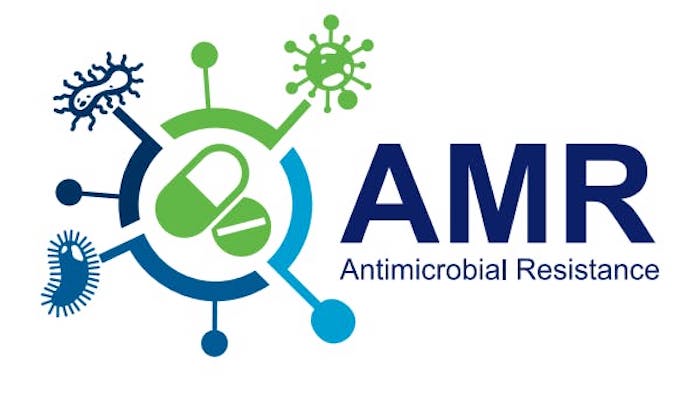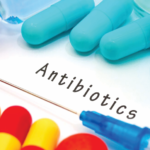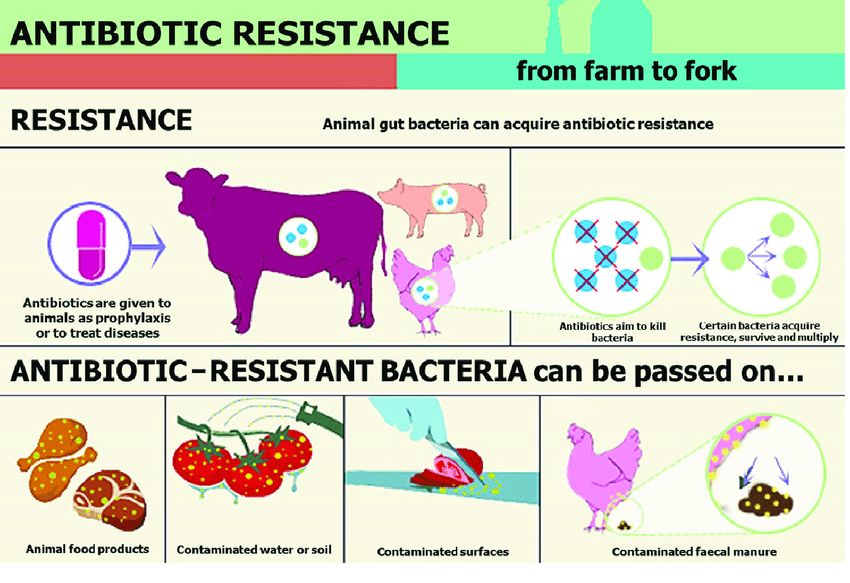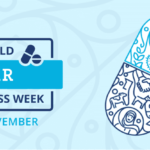Ntsoaki Motaung
Anti-Microbial Resistance (AMR) is a growing global concern that jeopardises the gains of the Millennium Development Goals (MDGs), threatens the attainment of universal health care (UHC)…
AMR also endangers the achievement of the Sustainable Development Goals (SDGs), according to Dr. Evelyn Wesangula, Senior AMR Specialist at the East, Central, and Southern Africa Health Community (ECSA-HC).
Speaking at a seminar for journalists on Wednesday, Dr. Wesangula highlighted the severe implications of AMR.
“AMR puts at risk the significant progress we’ve made with the Millennium Development Goals, undermines our efforts toward achieving universal health care, and threatens the Sustainable Development Goals,” she said.
She emphasised that the emergence and global spread of new resistance mechanisms compromise the treatment of common infections and increase risks associated with medical procedures such as organ transplantation, cancer chemotherapy, diabetes management, and major surgery.
Dr. Wesangula warned that in a high AMR-impact scenario, an additional 20 million people could be forced into extreme poverty by 2030, with poorer countries suffering the most.
She identified key drivers of AMR, including the inappropriate use of antimicrobials by humans, poor access to quality, affordable medicines, vaccines, and diagnostics, lack of access to clean water, sanitation and hygiene, and the discharge of waste containing antimicrobial residues.
“The impact of AMR leads to an inability to treat infections, increased morbidity and mortality, and significant economic damage,” Dr. Wesangula explained.
She further stated that globally, at least 1.27 million deaths per year are directly attributed to AMR and indicated that new evidence shows that AMR is a leading cause of death worldwide, surpassing HIV/AIDS and malaria.
In Sub-Saharan Africa, the total deaths attributed to antimicrobial resistance amount to 255,000 annually. Dr. Wesangula noted that AMR will be a key focus during the High-Level Meeting on the sidelines of the upcoming United Nations General Assembly (UNGA) in September this year.
The meeting presents a crucial opportunity to bolster political efforts on AMR using the One Health approach, she said.
“Key political figures, such as Heads of Government and Ministers, will convene to discuss local, national, and global strategies concerning AMR management, with a focus on funding, policy development, and multi-sector collaboration. The aim is to establish a political declaration where UN Member States will pledge commitment to new goals and actionable measures to counter this global menace affecting humans, animals, plants, and the environment.”
Dr. Yewande Alimi, Head of the Health Unit and the AMR program at the African Union (AU), highlighted Africa’s lagging progress on key AMR interventions such as Infection Prevention Control-WASH (IPC/WASH), setting baselines and targets, and using data to inform policies.
“It is critical to elevate African priorities in global AMR discussions, particularly to support country initiatives for prevention and access,” Dr. Alimi stated.
“The total AMR funding need in Africa is estimated at $2-6 billion per year, with funding for IPC and WASH potentially averting 200,000 deaths annually,” Dr. Alimi added. “While IPC/WASH services are not universally accessible in Africa, they have a high potential to reduce the AMR burden.”
As global and regional leaders prepare for the UNGA meeting, the emphasis will be on forging strong political commitments and collaborative efforts to combat AMR and protect public health achievements worldwide.
Summary
- Wesangula noted that AMR will be a key focus during the High-Level Meeting on the sidelines of the upcoming United Nations General Assembly (UNGA) in September this year.
- The aim is to establish a political declaration where UN Member States will pledge commitment to new goals and actionable measures to counter this global menace affecting humans, animals, plants, and the environment.
- Yewande Alimi, Head of the Health Unit and the AMR program at the African Union (AU), highlighted Africa’s lagging progress on key AMR interventions such as Infection Prevention Control-WASH (IPC/WASH), setting baselines and targets, and using data to inform policies.

Your Trusted Source for News and Insights in Lesotho!
At Newsday Media, we are passionate about delivering accurate, timely, and engaging news and multimedia content to our diverse audience. Founded with the vision of revolutionizing the media landscape in Lesotho, we have grown into a leading hybrid media company that blends traditional journalism with innovative digital platforms.










